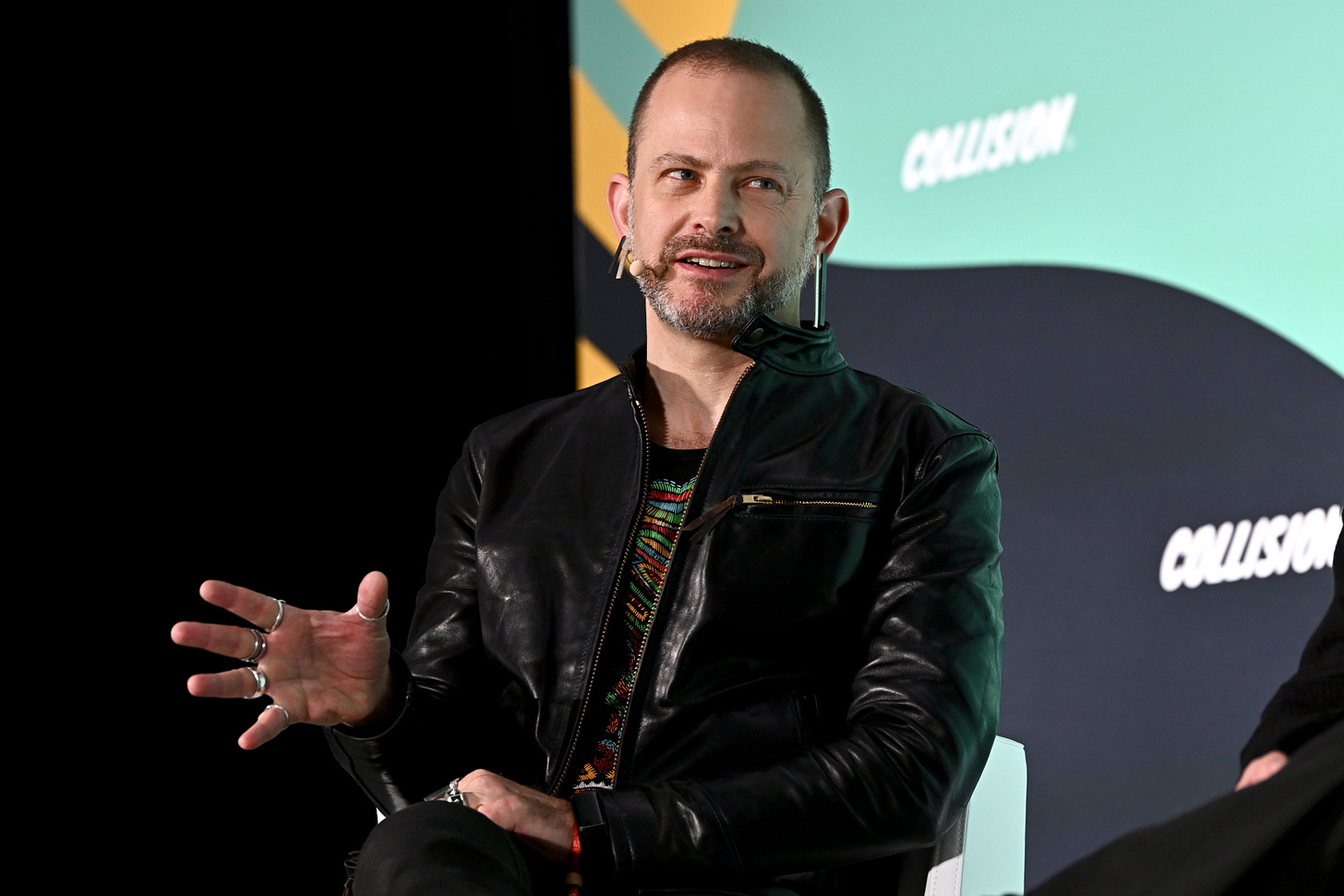Who's Gideon?
I’ve been a journalist since I left college: first as a writer at The Economist, then one of the founding editors at Quartz, then editor-in-chief of MIT Technology Review, and most recently, global editorial director of WIRED. (I also do speaking and consulting—more on that at my personal site.)
My whole career has basically been driven by one dumb question: Why can’t people just get along?
I started out as a science writer. One of my first long pieces looked at the “science wars,” the bitter divide between scientific rationalists who see science as a set of objective statements about the world and sociologists who study science as a subjective human belief system. “Both sides should pause for breath and notice how much they agree upon,” I wrote.
As a foreign correspondent in Mexico City, Moscow, and Jerusalem, I learned a lot more about why people adopt opposing beliefs about what appear to be the same set of facts. (In short: people are naturally tribal, shape their tribal identities around narratives, and fit facts to those narratives.)
I moved to the US in 2009 and over the next few years watched as that country too grew ever more tribal and polarized. At Quartz I launched an ongoing series on the 21st century’s new forms of propaganda and how they shape beliefs. (I also wrote for the Atlantic on the science of near-death experiences, another attempt to reconcile diametrically opposed interpretations of a phenomenon.)
By the time I took over MIT Technology Review, I knew that the future of democracy—humanity’s greatest experiment in getting along—was going to be an obsession. One of the first special issues under my editorship was on the threats technology posed to democracy and what could be done about them. Later, as editor-in-chief of WIRED, I championed in-depth stories on the interaction of technology and politics.
I came of age when liberal democracy appeared to have triumphed over authoritarianism. Today it’s clearly under serious threat. I believe this is because of Western countries’ policy failures, the rise of China and other authoritarian states, the fragmenting of the information space—and above all, because democratic institutions and norms aren’t keeping up with technological change.
In short, we’re running 21st-century societies on 18th-century software. It’s time to ask: How do we govern in ways that are pluralistic and respect basic liberties and rights but can keep up with a rapidly evolving world?
That’s the question I want to work on now. And that’s why I started Futurepolis.




